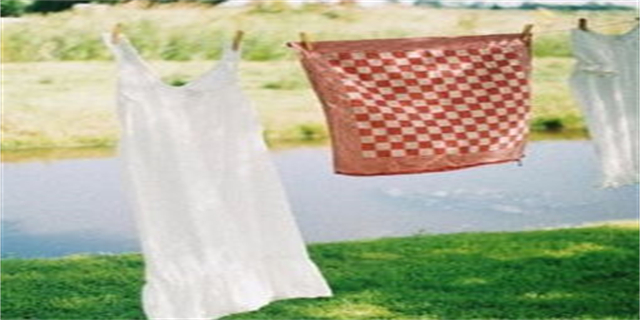Wrapping Freshness - A Guide to the World of Plastic Wrap
Plastic wrap, also known as cling film or Saran wrap, is a versatile kitchen accessory that helps keep your food fresh and prevents spoilage. It's an essential tool for any home cook or chef, and we're here to guide you through everything you need to know about this magical material.
What is Plastic Wrap?
Plastic wrap is a thin, transparent film made from polyethylene, a type of plastic commonly used in food packaging. It is often sold on a roll, and has adhesive properties on one or both sides, helping it cling to surfaces and stay in place.

There are different types of plastic wrap available on the market, each with their own specific properties. For example, some are microwave-safe, while others are designed to be used in the oven or freezer. It's important to read the packaging carefully to ensure you're using the right type of wrap for the job.
The Benefits of Using Plastic Wrap
Plastic wrap is a versatile tool that brings many benefits to the table. Here are some of the ways it can help you in the kitchen:

- Preserve freshness - plastic wrap creates an airtight seal around your food, preventing oxygen from entering and spoiling it. This means you can keep your food fresh for longer, and reduce waste due to spoilage.
- Protect flavor - when you use plastic wrap to cover your food, it can help prevent other flavors and odors in the fridge or freezer from affecting it. This is particularly helpful if you're storing strong-smelling foods like onions or garlic.
- Easy storage - plastic wrap is a great way to wrap up leftovers or pre-prepared meals for easy storage in the fridge or freezer. It takes up less space than bulky containers, and can be molded around food to fit into tight spaces.
Using Plastic Wrap Safely
While plastic wrap can be a helpful tool in the kitchen, it's important to use it safely to avoid any potential hazards. Here are some tips to keep in mind:
- Avoid microwaving plastic wrap, unless the packaging specifically states it is microwave-safe. Heat can cause the plastic to melt or release harmful chemicals into your food.
- Don't wrap hot food in plastic wrap immediately, as the heat can cause it to melt or release harmful chemicals. Let your food cool down to a safe temperature before wrapping it up.
- Store plastic wrap away from heat sources, as this can cause it to melt or become less effective.
- Dispose of plastic wrap responsibly - it is not recyclable in many areas, so check your local recycling guidelines before tossing it in the bin.
With these tips in mind, you can make the most out of your plastic wrap and help keep your food fresh and delicious for longer. Happy cooking!
本文内容来自互联网,请自行判断内容的正确性。若本站收录的内容无意侵犯了贵司版权,且有疑问请给我们来信,我们会及时处理和回复。 转载请注明出处: http://www.ziy123.com/jfss/6425.html 保鲜膜英文怎么说(Wrapping Freshness - A Guide to the World of Plastic Wrap)

